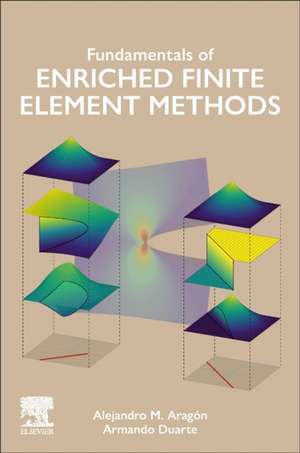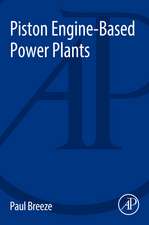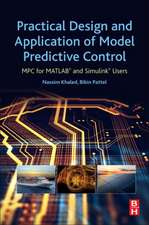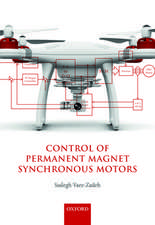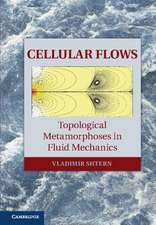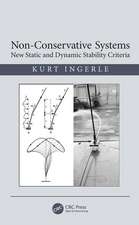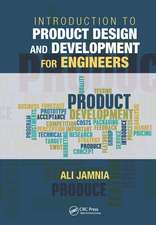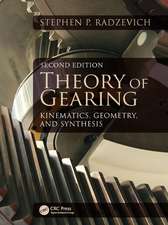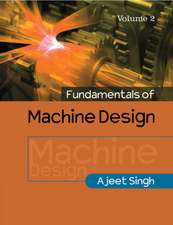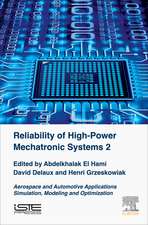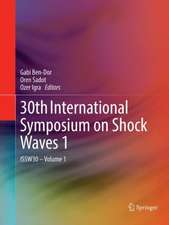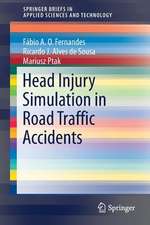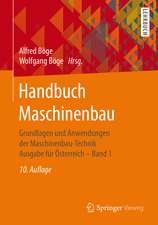Fundamentals of Enriched Finite Element Methods
Autor Alejandro M. Aragón, C. Armando Duarteen Limba Engleză Paperback – 13 noi 2023
- Reviews various enriched finite element methods, providing pros, cons, and scenarios forbest use
- Provides step-by-step instruction on implementing these methods
- Covers the theory of general and enriched finite element methods
Preț: 925.76 lei
Preț vechi: 1276.44 lei
-27% Nou
Puncte Express: 1389
Preț estimativ în valută:
163.79€ • 192.56$ • 143.45£
163.79€ • 192.56$ • 143.45£
Carte tipărită la comandă
Livrare economică 21 ianuarie-04 februarie 26
Preluare comenzi: 021 569.72.76
Specificații
ISBN-13: 9780323855150
ISBN-10: 0323855156
Pagini: 310
Ilustrații: 150 illustrations (50 in full color)
Dimensiuni: 152 x 229 mm
Greutate: 0.5 kg
Editura: ELSEVIER SCIENCE
ISBN-10: 0323855156
Pagini: 310
Ilustrații: 150 illustrations (50 in full color)
Dimensiuni: 152 x 229 mm
Greutate: 0.5 kg
Editura: ELSEVIER SCIENCE
Public țintă
Primary: Researchers working on numerical procedures in sold mechanics; Graduate students in a broad range of engineering disciplines;Secondary: Professional engineers looking for new FEM techniques;
Cuprins
1. Introduction
2. The Finite Element Method.
3. The p-version of the Finite Element Method
4. The Generalized Finite Element Method
5. Discontinuity-enriched Finite Element Formulations
6. GFEM approximations for fractures
7. Approximations for Weak Discontinuities
8. Immerse boundary (fictitious domain) problems
9. Nonconforming mesh coupling and contact
10. Interface-enriched topology optimization
11. Stability of approximations
12. Computational aspects
13. Approximation theory for partition of unity methods
Appendix. Recollections of the origins of the GFEM
2. The Finite Element Method.
3. The p-version of the Finite Element Method
4. The Generalized Finite Element Method
5. Discontinuity-enriched Finite Element Formulations
6. GFEM approximations for fractures
7. Approximations for Weak Discontinuities
8. Immerse boundary (fictitious domain) problems
9. Nonconforming mesh coupling and contact
10. Interface-enriched topology optimization
11. Stability of approximations
12. Computational aspects
13. Approximation theory for partition of unity methods
Appendix. Recollections of the origins of the GFEM
